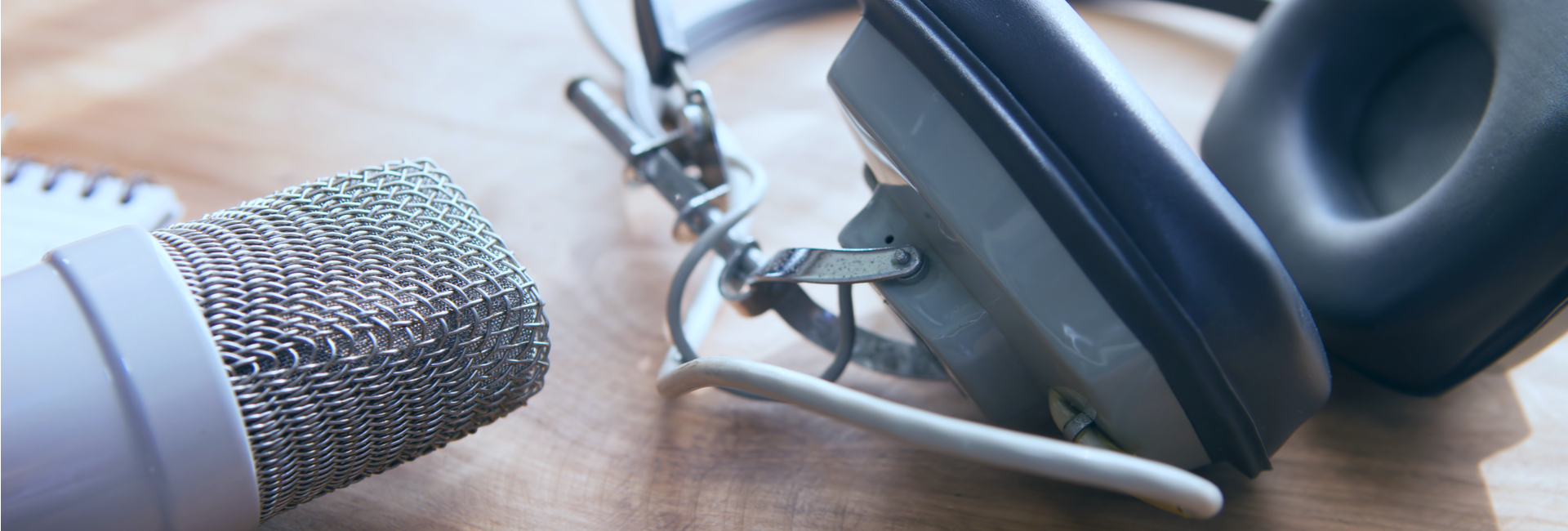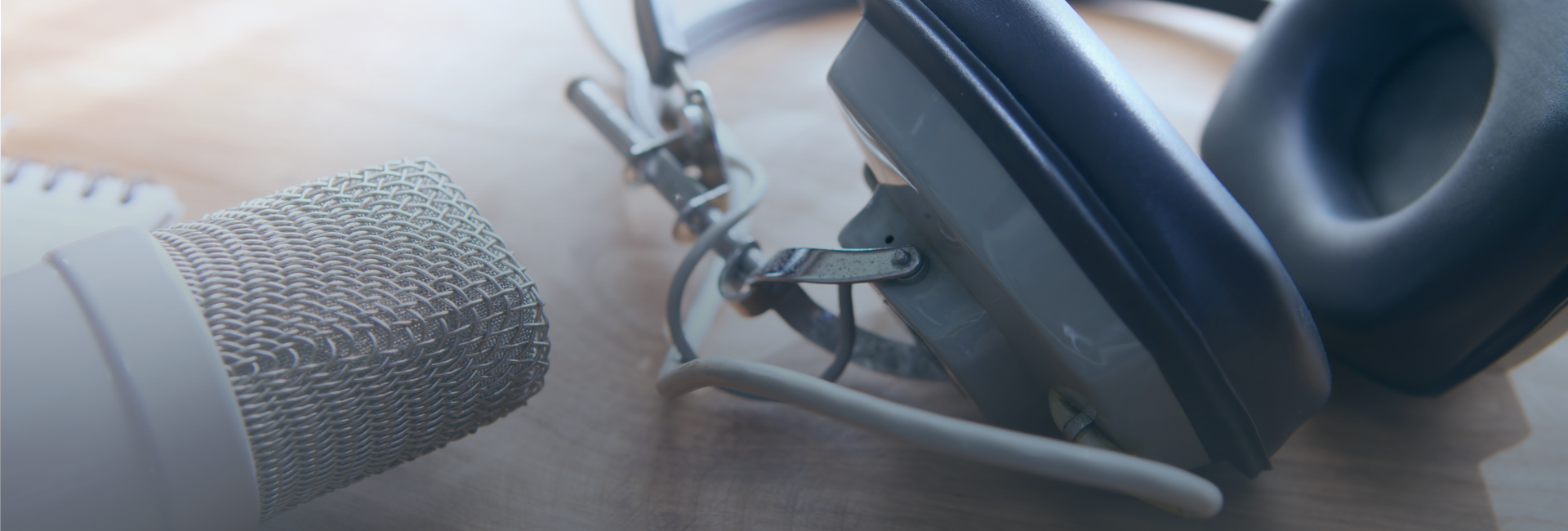Episode Four | Just Subjective Probability
Just Subjective Probability
For episode four of Just Science, funded by the National Institute of Justice’s Forensic Technology Center of Excellence [Award 2016-MU-BX-K110], we will be diving into the world of statistics and how it applies forensic case work with Dr. Christophe Champod and Dr. Tacha Hicks from the University of Lausanne. They, along with RTI International resident fingerprint expert, co-host Heidi Eldridge, will be discussing subjective probability and how it can be used in forensic science. There are many different viewpoints and methods about how to use statistical analysis in the courtroom and this episode will help listeners better understand these differing viewpoints. Subscribe and listen to learn more about how logical thinking must be applied appropriately when determining subjective probability through examples given by the guests.
Listen/Download at:

![]()
You can also find us on Stitcher or Soundcloud
Biographies
 Dr. Christophe Champod received his M.Sc. and Ph.D. both in Forensic Science, from the University of Lausanne. Remained in academia until holding the position of assistant professor in forensic science. From 1999 to 2003, he led the Interpretation Research Group of the Forensic Science Service (UK), before taking a full professorship position at the School of Criminal Justice (ESC) of the University of Lausanne. He is in charge of education and research on identification methods and maintains an activity as an expert witness in these areas. He is also operational manager of the ISO/SEC 17025 accredited forensic laboratory of the ESC. He is a Steering Committee member for the International Fingerprint Research Group (IFRG), past member of SWGFAST (Scientific Working Group on Friction Analysis, Study and Technology) and, since 2014, an invited member of Friction Ridge subcommittee (part of the Physics and Pattern Evidence Scientific Area Committee) of the Organization for Scientific Area Committees (OSAC). His research is devoted to the inferential aspects associated with forensic identification techniques. The value to be attached to fingerprint evidence is at the core of his interests.
Dr. Christophe Champod received his M.Sc. and Ph.D. both in Forensic Science, from the University of Lausanne. Remained in academia until holding the position of assistant professor in forensic science. From 1999 to 2003, he led the Interpretation Research Group of the Forensic Science Service (UK), before taking a full professorship position at the School of Criminal Justice (ESC) of the University of Lausanne. He is in charge of education and research on identification methods and maintains an activity as an expert witness in these areas. He is also operational manager of the ISO/SEC 17025 accredited forensic laboratory of the ESC. He is a Steering Committee member for the International Fingerprint Research Group (IFRG), past member of SWGFAST (Scientific Working Group on Friction Analysis, Study and Technology) and, since 2014, an invited member of Friction Ridge subcommittee (part of the Physics and Pattern Evidence Scientific Area Committee) of the Organization for Scientific Area Committees (OSAC). His research is devoted to the inferential aspects associated with forensic identification techniques. The value to be attached to fingerprint evidence is at the core of his interests.

Dr. Tacha Hicks is a forensic scientist, with a specialization in interpretation of evidence. Early in her career, through her PhD research on glass, she specialized in assessing forensic results given activity level propositions. She worked for three years at the former Forensic Science Service in R&D in the Physical Science department. After a postdoc in the area of DNA at the University of Lausanne, and since 2010, she delivers online interpretation courses tailored for forensic caseworkers. She publishes extensively on interpretation issues.

Heidi Eldridge has been a forensic scientist for over 12 years, 10 of which have been as a latent print examiner. Heidi is a Certified Latent Print Examiner with the IAI, sits on the JFI Editorial Board, and was a member of SWGFAST until its dissolution. She is now a member of the Friction Ridge Subcommittee of the Organization of Scientific Area Committees (OSAC) and of the Academy Standards Board’s Friction Ridge Consensus Body. Heidi has been teaching latent print testimony for more than 5 years and is currently a PhD candidate in the Forensic Science program at the University of Lausanne. She recently left the bench and is now a Research Forensic Scientist with RTI International.
Additional Content
University of Lausanne BS Degree in Forensic Science Information
Certificate of Advanced Studies in Statistics and Evaluation of Forensic Evidence
FTCOE Stats Workshop



